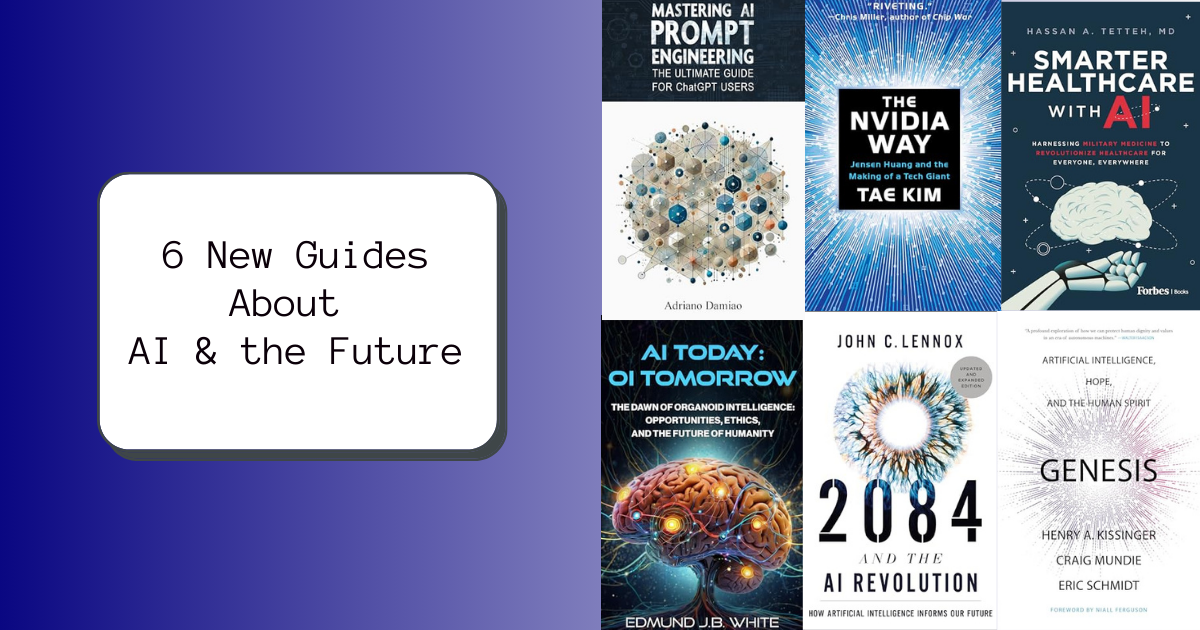The siren call of entrepreneurship is loud and haunting. The idea of creating something out of nothing, building a business from the ground up and being your own boss in the process is certainly alluring, which is probably why over 600,000 new businesses open in the United States every year. However, the realities of being an entrepreneur are often quite different from how we daydream them to be.
Entrepreneurs have some of the most stressful jobs, dealing with constant unknowabilities while remaining acutely aware that they are inextricably tied to the business and are accountable for its success or failure. They must work long hours and often wear many hats while learning on the job, rapidly developing expertise across all areas of management from finance, marketing, procurement and operations to human resource management in the process of starting and managing their business.
The fact of the matter is, people don’t choose entrepreneurship because it is the easy path. They choose it because they have a passion for learning, an inner drive that pushes them to explore new territories, and a strong set of moral principles that they can lean on when it comes to making tough decisions. For Vinod Gupta, it was these traits that saw him turn a $100 small business loan into a company with international scale and over $750 million in yearly revenues. With an entrepreneurial career spanning over 50 years Gupta is the definitive example of a self-made man: he moved to the United States from India with just $58 to his name, and through hard work and tenacity was able to achieve the American dream.
Gupta’s “ah-ha” moment for his business came within months of accepting his first position out of business school as a market researcher at a mobile home manufacturing company. He had been asked to put together a list of mobile home dealers in the United States, but realized that the information available to do so was all incomplete or outdated. Gupta recognized that any marketing strategy based on such deficient sources would be ineffective, wasting valuable time and money on avenues that were dead ends while also missing paths that could result in strong sales. Wanting to do his job right, he decided to create a new list entirely from scratch and ordered the current Yellow Pages book for every single city available in the country.
As hundreds of phone books began arriving at the small office, crowding the reception area and hallways, Gupta’s boss politely told him that while he was impressed with his initiative, he didn’t believe the endeavor was a valuable use of company time. He offered to let Gupta continue to project on his own time so long as he removed all of the phone books from the office, and so he rented a moving truck and transported all of them to his garage where he spent his nights and weekends painstakingly compiling the information himself.
Once the list was complete Gupta offered to sell it exclusively to his company, but they declined the offer. Knowing the inherent value of what he had created, he took out a small business loan to pay for postage and began reaching out to the company’s competitors to gauge interest. Within a few weeks, he had received thousands of dollars in orders and was soon able to quit his job and work on his new company full-time. He began creating lists for other industries and just over a decade later had the equivalent of the entire Yellow Pages in its databases. The company continued to grow, eventually going public and acquiring over 45 companies to become an international fixture in the data and marketing sector. Gupta has since gone on to found a number of other companies, including more data companies and an investment business.
Gupta believes the first and most important skill that contributes to success as an entrepreneur is persistence. According to him, nine times out of ten an idea will end in failure of some kind, and understanding that it is just part of the learning process is crucial to being able to get back up and try again. Many people approach entrepreneurship with the perception that if they have come up with a million-dollar idea the rest will easily fall into place, but very few actually put in the work and remain persistent enough to make it happen. Gupta spent practically all of his free time performing the extremely monotonous task of pouring through phone book after phone book, believing in his idea enough to persist through adversity.
Whether it seems too difficult, or that it will take too long, or that it is ultimately too risky, persistence is the antidote to whatever seed of doubt is planted in the mind. Anything worth attaining will require hard work over a period of time, and will inevitably be met with roadblocks. Entrepreneurship requires the strength of will to carry on through the mundane, the stressful, and the scary aspects of building a business.
Often overlooked in favor of other traits, integrity is one that Gupta believes should be placed higher on the list of priorities for entrepreneurs. Seeing it as something that is often agreed upon in theory but rarely exercised in practice, Gupta said there is too much focus on the end result and not enough on how you get there. Entrepreneurs are thrust into leadership, where they are looked to as a source of inspiration, ideas, strategy, and exemplifier of culture. For this reason, presenting a strong moral code of conduct is crucial to seeing these reflected back in your employees and your business as a whole.
As Gupta pointed out, there are certainly many companies that list integrity as one of their values but do not follow through with it in their actions. Having integrity as an entrepreneur and leader means that you will always have a compass that can be used as a guide when faced with difficult choices. It may not give you the exact answer every time, but knowing your beliefs and sticking to them can help you easily eliminate decisions that would go against them.
Active listening is something that we have been told to practice since childhood, but unfortunately for many of us this advice has gone, well, in one ear and out the other. A central aspect of learning, Vinod Gupta said that it is only through actively paying attention that you can not only learn what will bring you success, but also what is holding you back. From developing strong relationships with your customers and team members to preventing misunderstandings, active listening is crucial to being aware of the company you have created and building it to become an organization with high productivity where people want to work.
Listening and learning are a key skill for entrepreneurs because it is how you grow as a person and develop innovative solutions to problems. An entrepreneur is expected to wear many hats, many of which they have never put on before, and by being attentive one can derive what is working about their approaches and what isn’t.
Entrepreneurship is more than just coming up with a great idea. It is embarking on a lifelong journey, seeking to build something greater than the sum of its parts that can withstand the test of time. It is not a career to step into lightly, which is why it requires skills that carry so much weight.
Have you read?
Most Expensive Men’s Watches In The World.
Most Expensive Women’s Handbags.
Everything You Need to Know About Candidate Sourcing in 2022.
Wealthiest Women Entrepreneurs Of 2022.
Track Latest News Live on CEOWORLD magazine and get news updates from the United States and around the world.
The views expressed are those of the author and are not necessarily those of the CEOWORLD magazine.
Follow CEOWORLD magazine headlines on Google News, Twitter, and Facebook. For media queries, please contact:
info@ceoworld.biz








































































